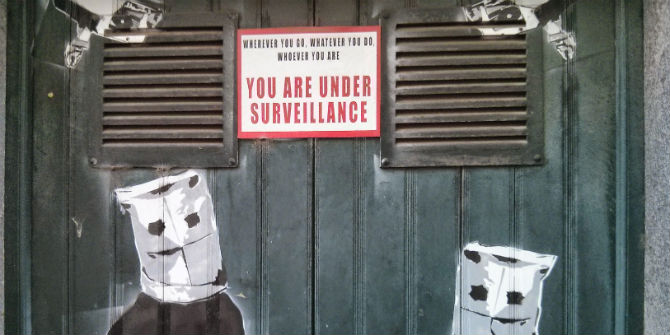 In the past decade, digital platforms and social networks have significantly changed how election campaigning works. But does campaign regulation keep up with this change? In this post, Damian Tambini illustrates which consequences have to be drawn from the shift towards digital campaigning.
In the past decade, digital platforms and social networks have significantly changed how election campaigning works. But does campaign regulation keep up with this change? In this post, Damian Tambini illustrates which consequences have to be drawn from the shift towards digital campaigning.
We need an in-depth, independent, research driven, evidence-based review of the role of social media in political campaigning. Research and opinion from universities around the world has for some time now been raising questions about the long-term impact of social media on elections. The founder of the World Wide Web, Tim Berners-Lee, has raised similar concerns, and leaders from professional journalism and Parliament have also raised alarms.
The Media Policy Project published a policy brief that sets out some of the main concerns raised by the shift of political campaigning online, and makes the case for an independent review. This is not ‘smoking gun’ evidence of a crisis in democratic communication. But it is certainly much more than sufficient to confirm that the rapid changes in campaign practices require an urgent review of the rules and regulations that apply to them.
A review should be independent of Government, and of Parliament, and separate from the political parties. It should focus both on short-term issues with the regulatory framework (spending controls miss out increasingly important costs such as database costs outside the regulatory period, and ‘level playing field’ broadcast rules are ineffective as advertising and attention shift online); and longer term issues such as the pernicious impact of targeted campaigning, which exacerbates dog whistle, filter bubble politics, and undermine the very idea of a democratic mandate based on open, public deliberation.
As we have seen with recent events in the US, the scale of recent changes in campaigning raise the prospect of foreign intervention in domestic politics, and the opaque exercise of power by private companies. Since the passing of the Illegal and Corrupt Practices Act of 1883, the UK has acted to balance and control threats to the legitimate democratic order. It is time to act again.
This post gives the views of the author and does not represent the position of the LSE Media Policy Project blog, nor of the London School of Economics and Political Science.





Could not agreed more – and blogged here:
http://www.rogerdarlington.me.uk/nighthawk/?p=21226